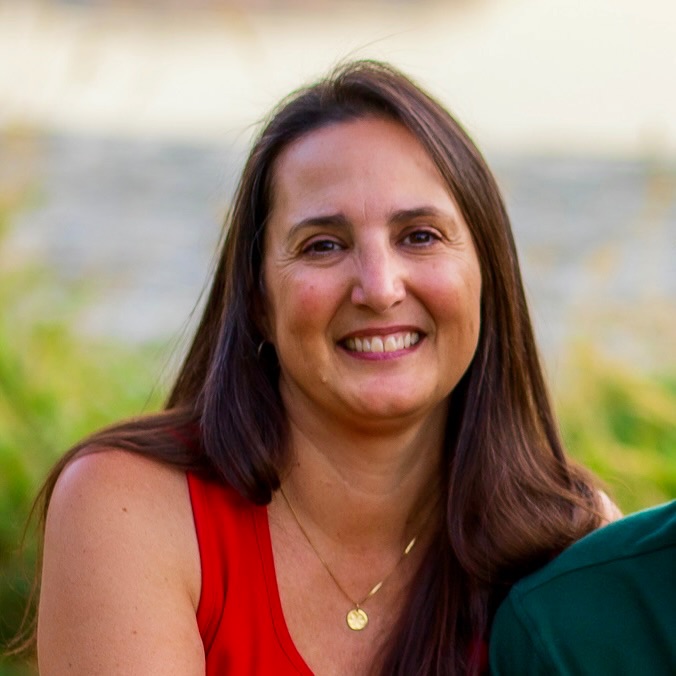Compassion isn’t just about how we treat others—it’s also about how we hold space for ourselves. It’s the stillness within that allows us to step back, observe, and respond with kindness instead of reactivity. But here’s the tricky part: compassion also asks us to let go of what we can’t control.
It’s easy to get caught up in what others are doing—judging their choices, worrying about their outcomes, or even wishing they’d do things our way. But the truth is, their journey isn’t ours to steer. Unless someone is putting themselves or others in harm’s way, their decisions are theirs to make, their lessons theirs to learn.
So what can we do instead? We can become compassionate witnesses:
- Allow space for their autonomy. Recognize that everyone makes choices based on where they are, what they know, and what they’re ready to learn.
- Detach from their outcomes. Their decisions don’t define you, and you are not responsible for the results of their actions.
- Take responsibility for your emotions. Instead of letting someone else’s choices disrupt your peace, focus on tending to your own well-being. Ask yourself, What do I need right now to feel centered?
- Practice compassion for yourself. If you feel frustrated or worried, that’s okay. Be kind to yourself as you process those feelings.
Compassion doesn’t mean we stop caring—it means we care enough to let others grow on their own terms while choosing peace within ourselves.
The next time someone makes a choice that feels hard to watch, try this: pause, breathe, and remind yourself that you are not responsible for their journey. You are responsible for yours. Be a compassionate witness, and let your inner stillness guide you back to peace.
Heart forward!




